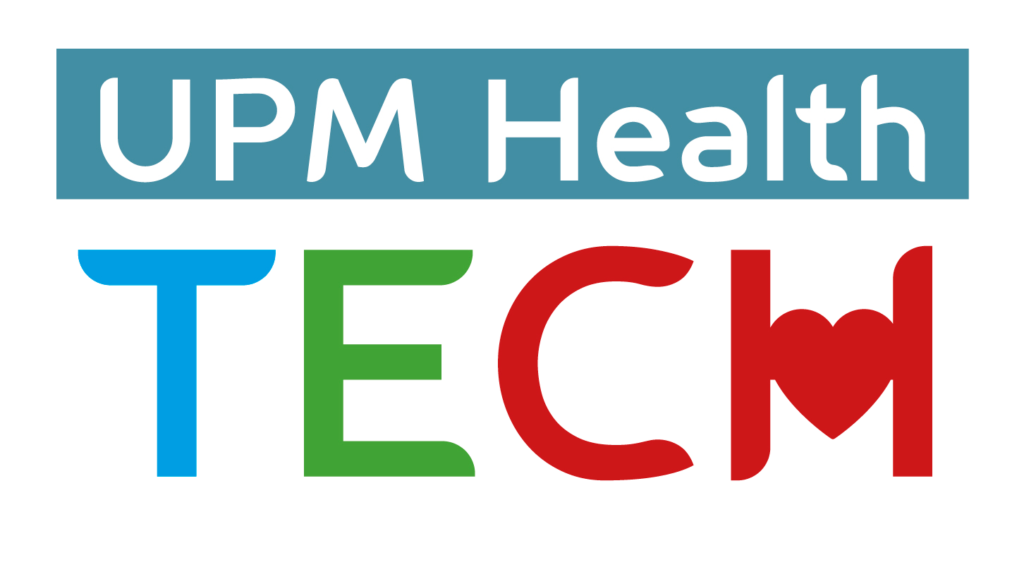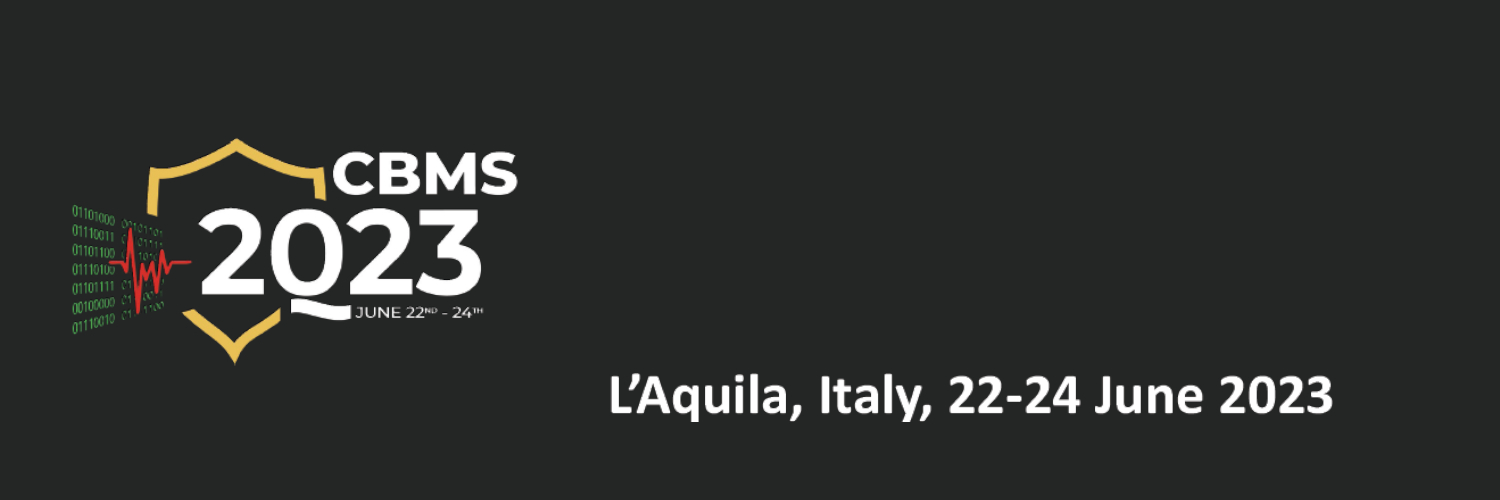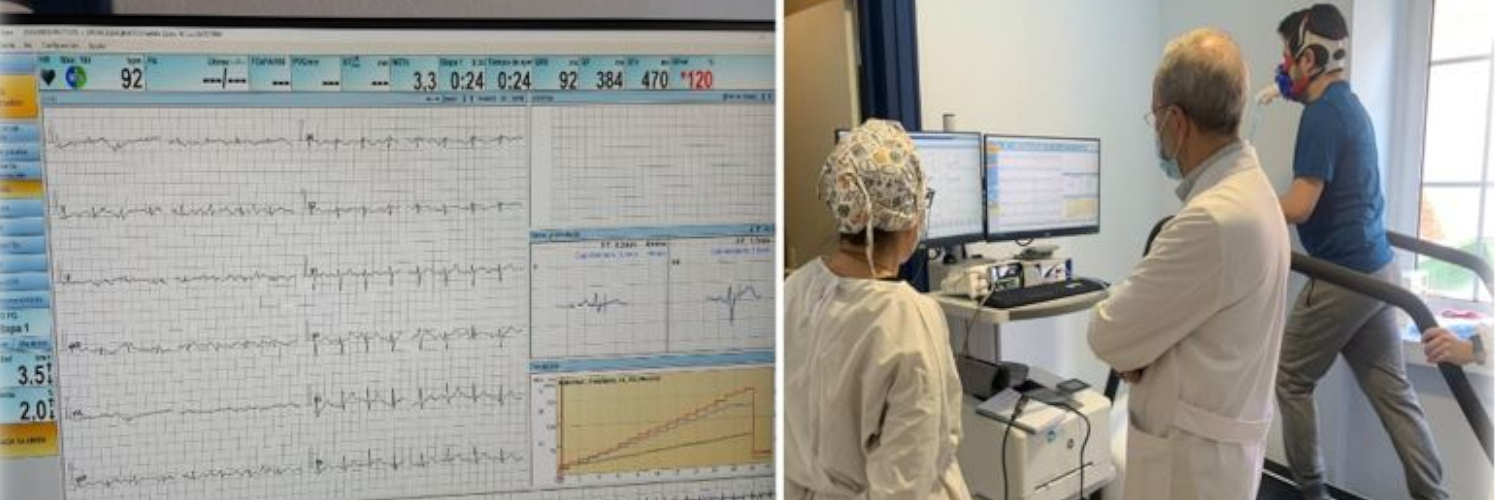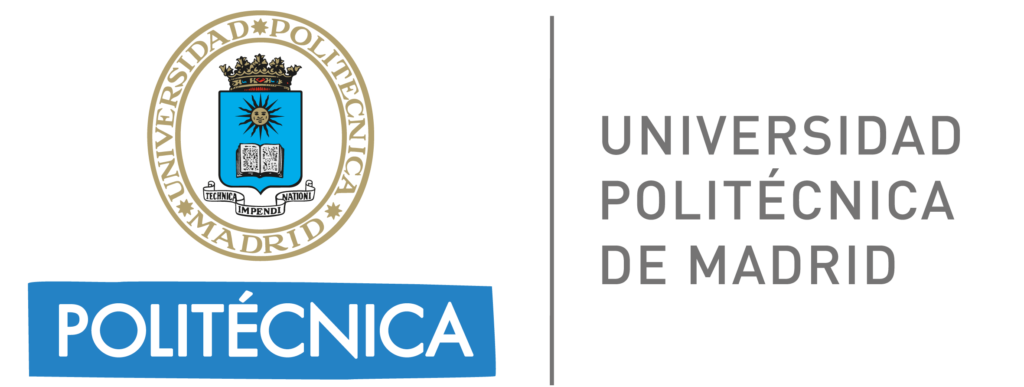The recent results of the LIA-UPM group focus on programmable drugs, specifically on programmable and selective antibiotics.
When facing infections caused by bacteria, medicine resorts to the use of antibiotics as a first and effective line of defense. However, the use of antibiotics can also eliminate beneficial bacteria from our microbiota.
Researchers from the Universidad Politécnica de Madrid and the Pasteur Institute have published their advances in programmable antibiotics, capable of acting only against pathogenic bacteria. Link to their publication in Nature Biotechnology.
The following work focuses on certain bacteria that act against the gut. These use a molecular syringe to inject dozens of their proteins, called effectors, into intestinal cells, blocking key immune responses and causing disease. Antibiotics are not particularly effective against these bacteria. Therefore, the LIA-UPM in consortium with researchers from the UK and Israel, have sought an alternative solution in the interaction of bacterial effector networks with our cells.
Data generated in laboratory tests were able to train an Artificial Intelligence model capable of predicting the colonization success of bacteria strains, which was key to guiding subsequent experiments. The researchers discovered an essential set of five effectors that, when removed, prevented bacteria from colonizing the gut.
This powerful novel AI-guided approach will help to unravel the bacterial virulence of other species, which will allow us to better fight infections. Link to its publication on Science.
